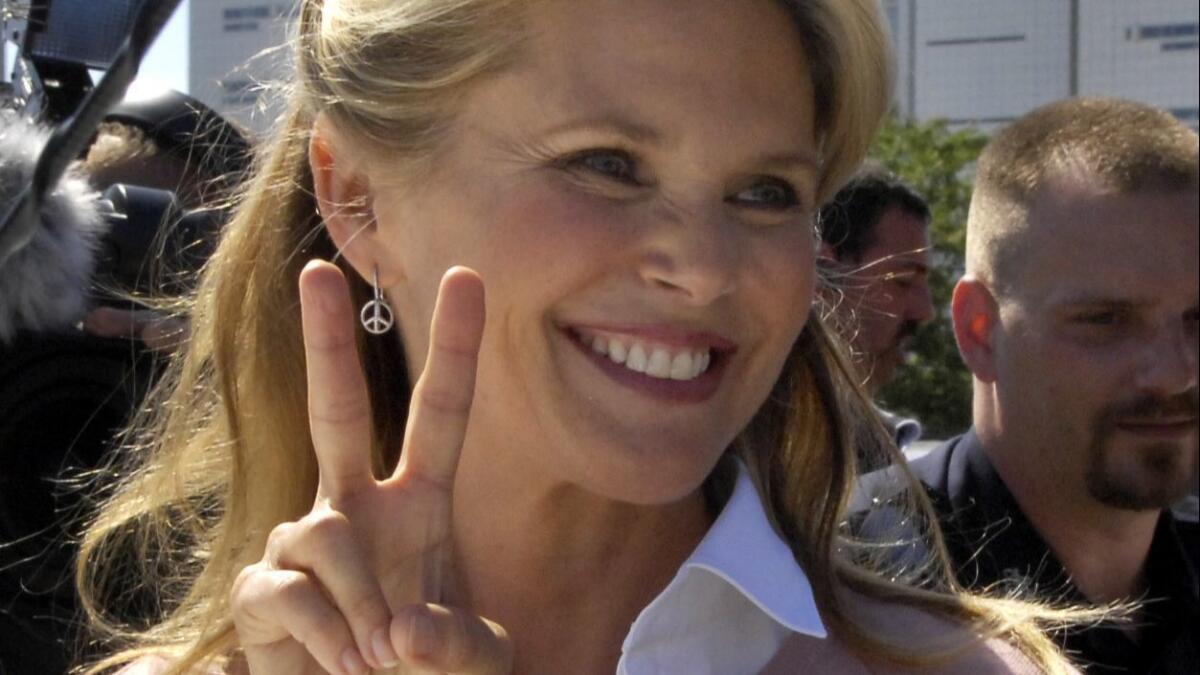Rise of ‘gray’ divorce is forcing a financial reckoning for 50-plus women

For some, it means liberation. For others, loss. For women in particular, the doubling of the divorce rate for the 50-plus crowd since the 1990s can mean something far more prosaic: a need to shoulder the big financial decisions they’d let their spouses deal with when they were married.
Often, they find some nasty surprises after he’s gone.
A majority of married women — 56% — still leave major investing and financial planning decisions to their spouse, according to a report, “Own Your Worth,” released by UBS Global Wealth Management.
It’s not just older women slipping into the more traditional gender roles of their parents: Some 61% of millennial women said they leave investment decisions to their husbands. That compares with 54% for baby boomer women.
UBS surveyed more than 600 women who have either been divorced or widowed within the last five years, along with 1,500 couples. Respondents had to have at least $250,000 in investable assets.
The difference is stark in attitudes toward making major financial decisions between married women and women who were divorced or widowed:
- 59% of widows and divorcees regret not taking part in long-term financial planning when they were in a couple.
- 85% of married women who weren’t active in making long-term financial decisions said their spouse knows more about financial issues than they do.
- 80% of women said they were content with how financial responsibilities were split in their marriage.
“Despite all the strides that women have made, they are still abdicating important financial decisions that will profoundly affect their future,” said Paula Polito, chief strategy officer for UBS Global Wealth Management, in an email.
Women “who find themselves alone wish they had been more involved in finances while they were married. Nearly all of them advise other women to get more involved early on and break the cycle of financial abdication,” Polito said.
Those women practice what they preach. Of the divorced or widowed women in the survey who remarried, eight out of 10 were more active in the financial decision-making in their current relationship. (That’s a good move, since subsequent marriages have a higher rate of dissolving than do first marriages — and since women have longer life expectancies than men.)
Divorcees may have been burned by financial surprises that popped up in the split; 56% of divorcees and widows discovered new financial wrinkles in the process of splitting up.
Not all the surprises were negative — some women discovered 401(k) retirement saving plans they didn’t know existed, or were simply surprised at how much they didn’t know about their finances.
Among the most common negative surprises were hidden spending, hidden debt and hidden accounts. Outdated wills were another unwelcome discovery.
In hindsight, 94% of widows and divorcees would insist on complete financial transparency with their spouse.
Woolley writes for Bloomberg.
swoolley2@bloomberg.net
More to Read
Inside the business of entertainment
The Wide Shot brings you news, analysis and insights on everything from streaming wars to production — and what it all means for the future.
You may occasionally receive promotional content from the Los Angeles Times.










